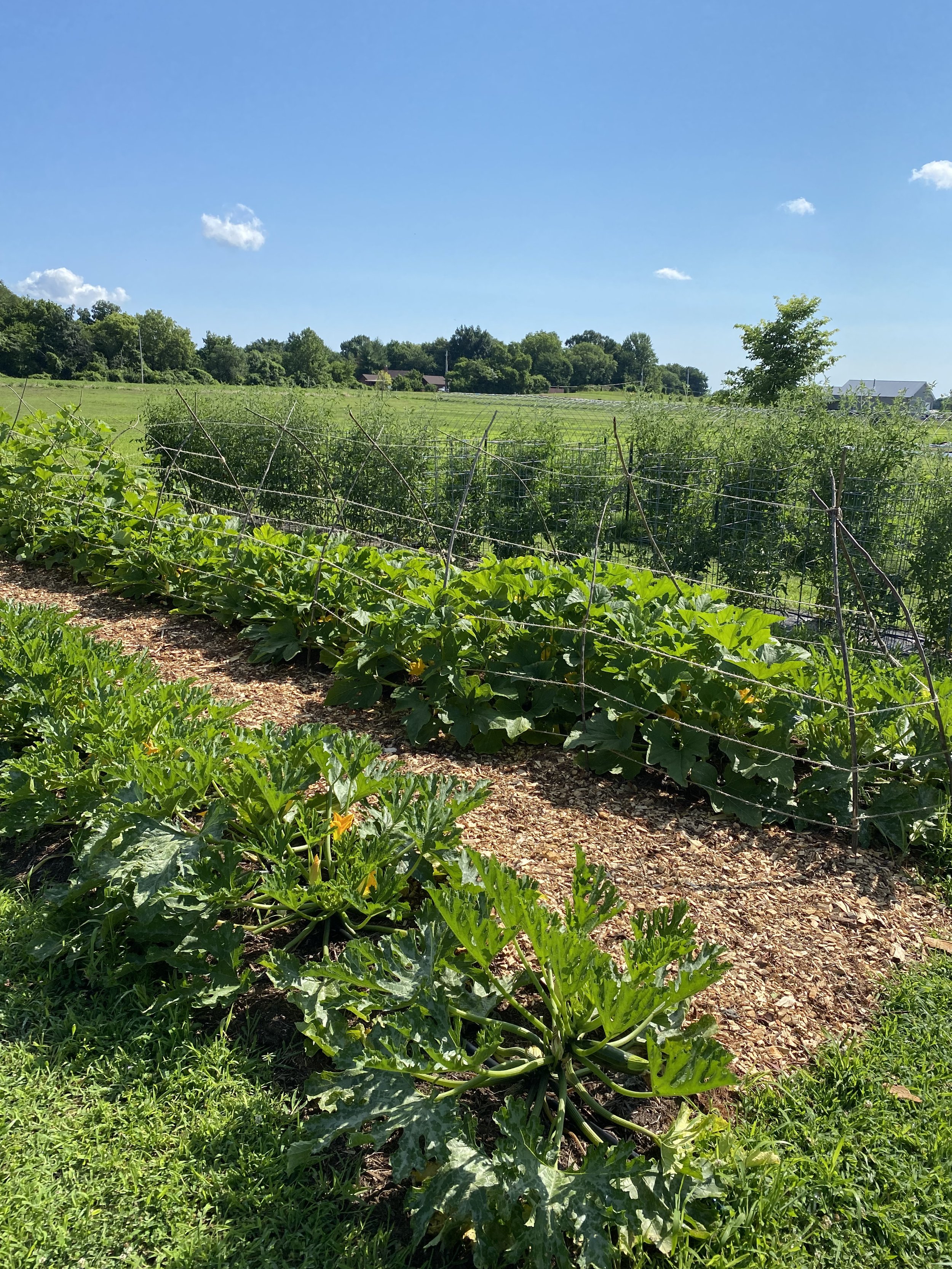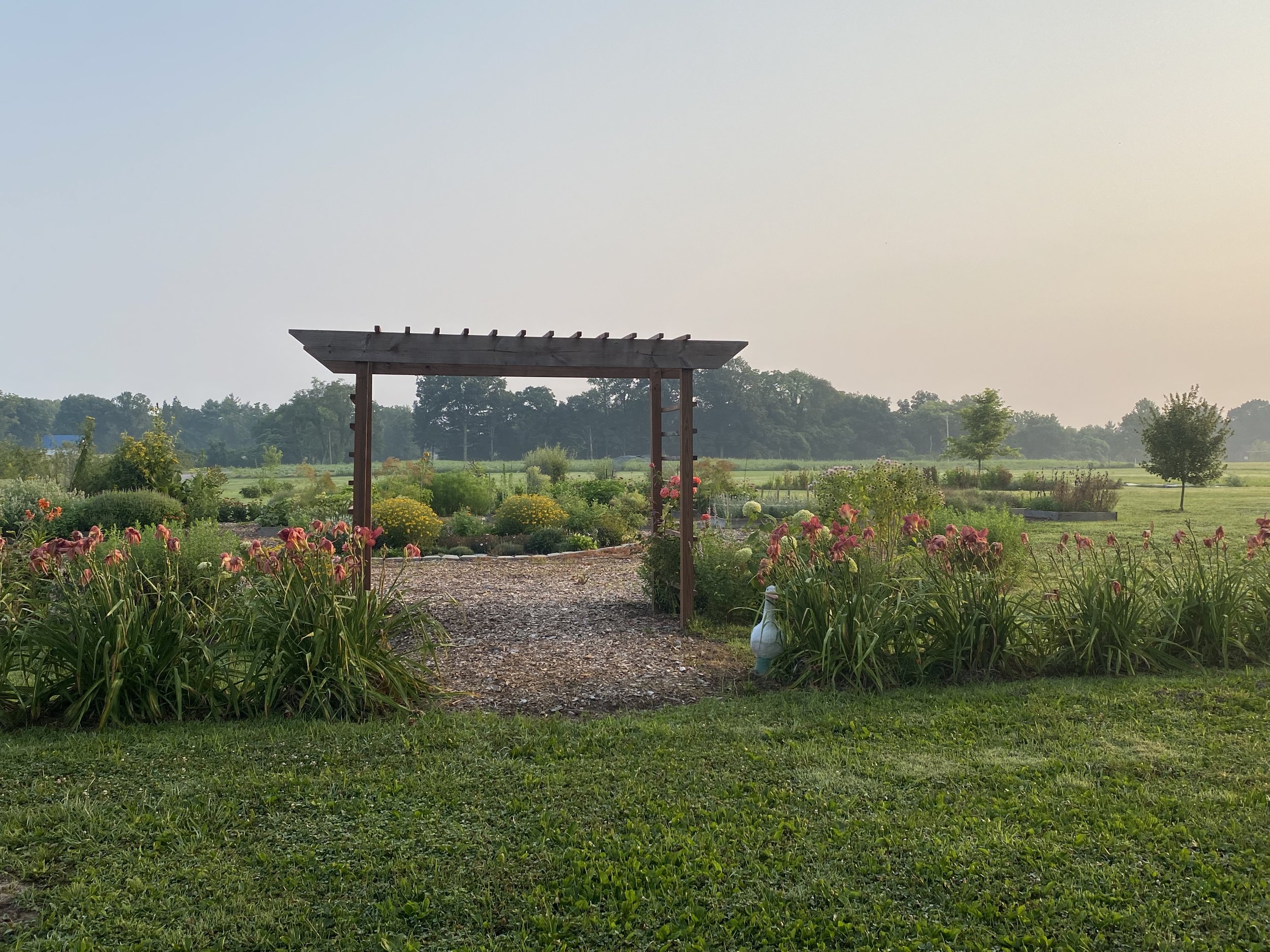
Cultivating Beauty, Serenity, & Wellness

Hello, and welcome to our little slice of heaven, Elysian Sanctuary Farm. We are located in West Belleville, IL, a few miles outside of Millstadt. Our beautiful property is off of Townhall Road.

We are a small scale, family farm that grows seasonal vegetables and fruits including lettuce greens, tomatoes, squashes, peppers, cucumbers, root vegetables, green beans, blackberries, and more. We also grow annual and perennial culinary and medicinal herbs, native plants, and cut flowers. Integrating herbalism is a major component of our farm as the herbs grown on the farm are harvested and used in handcrafted herbal products and wellness preparations; we provide educational opportunities and workshops to discuss and teach this process.
We value organic practices.
At Elysian Sanctuary Farm we are mindful about our gardening practices, and we take care to cultivate our produce using organic methods.
Following the natural rhythms of nature, we provide fresh, seasonal vegetables and fruits at our market produce stand located on the property. The market stand also offers cut flower bouquets, organic chicken eggs, local baked goods (allergen friendly), and handcrafted herbal products.
Each vegetable and fruit is sustainably grown, hand picked, and presented with consideration. Handcrafted herbal products are created from the herbs we grow at the farm. Fresh-cut, culinary herbs are available upon request. Vegetables plants for home cultivation are available for sale in the spring.
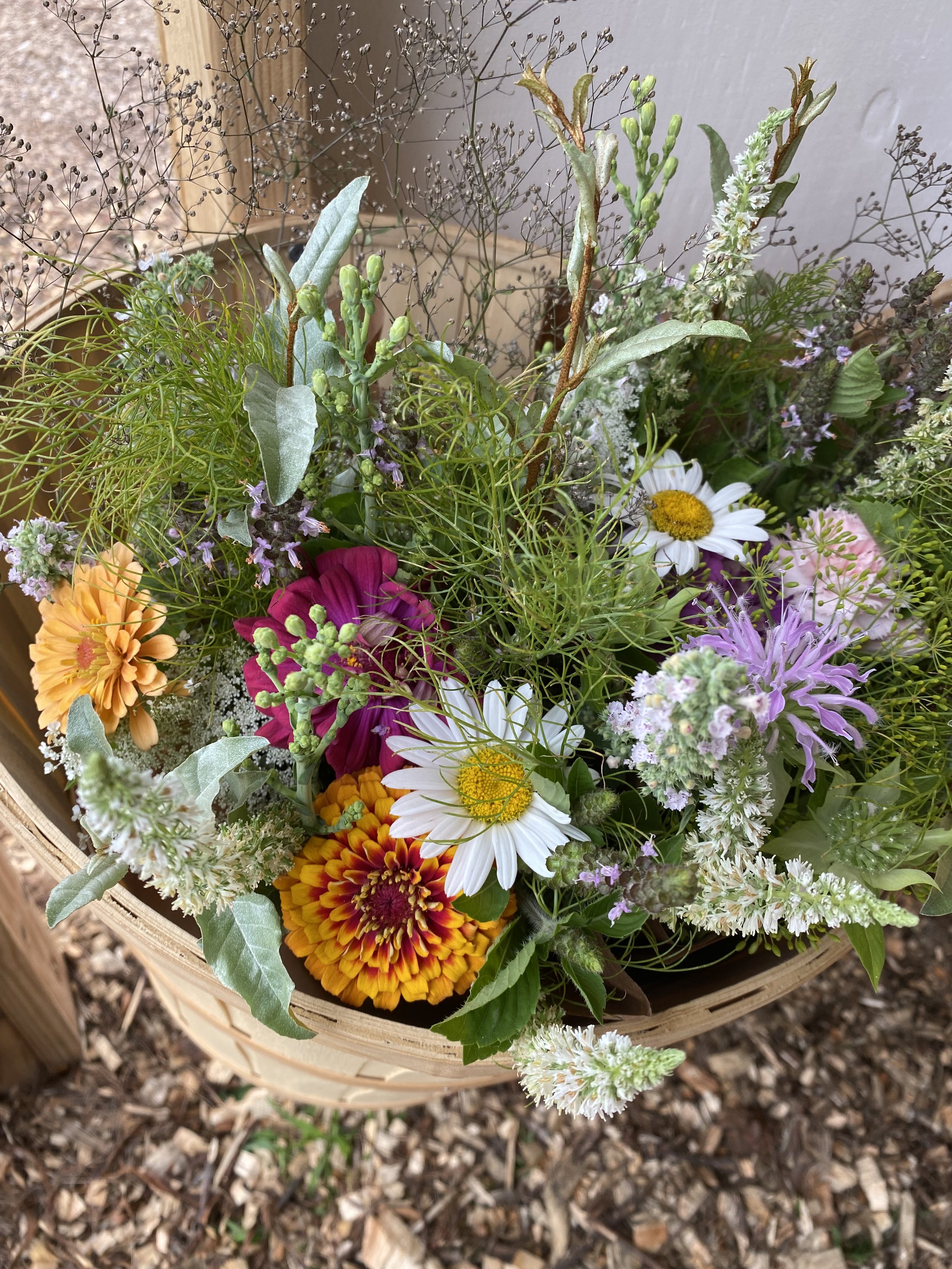
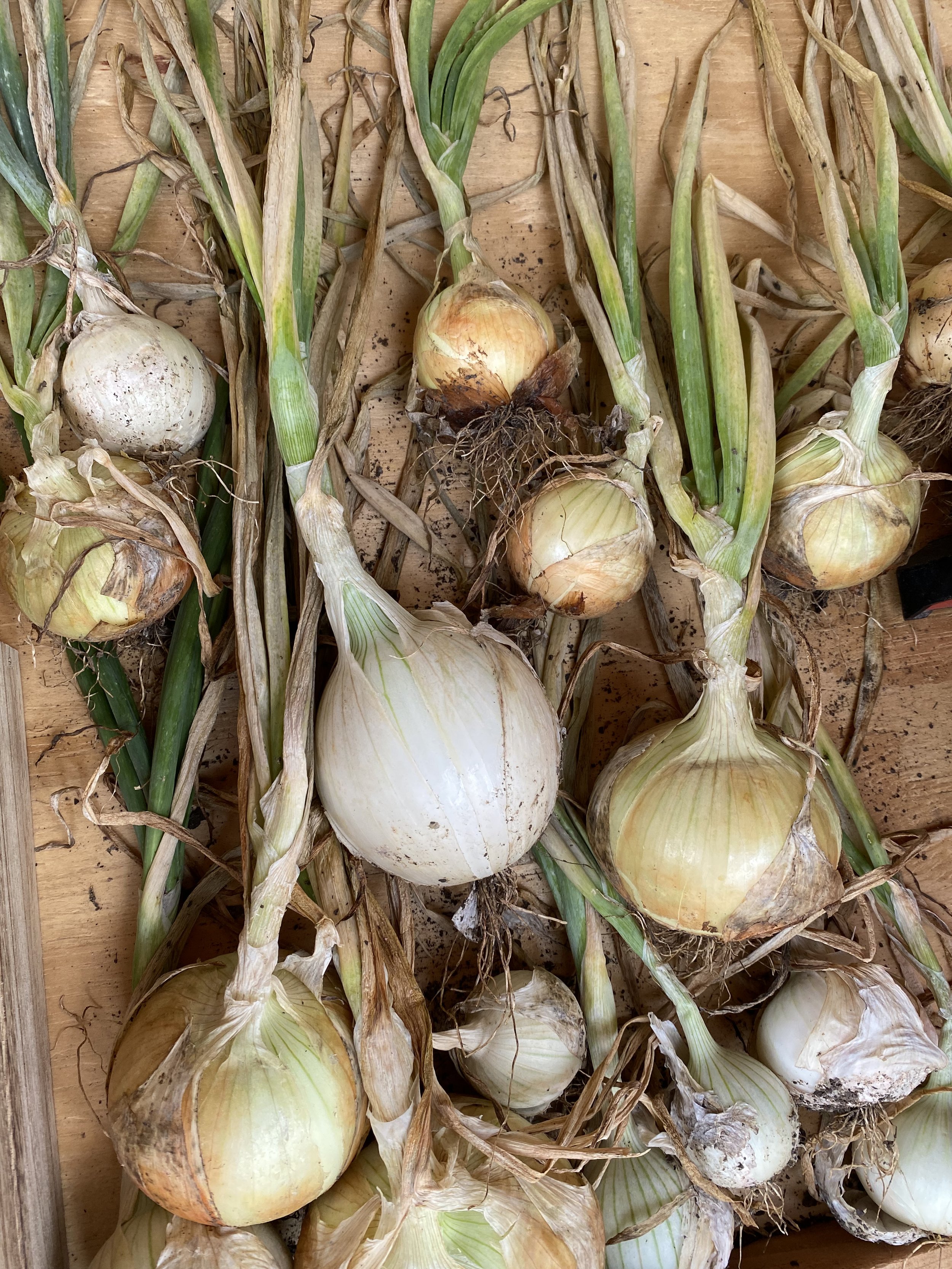
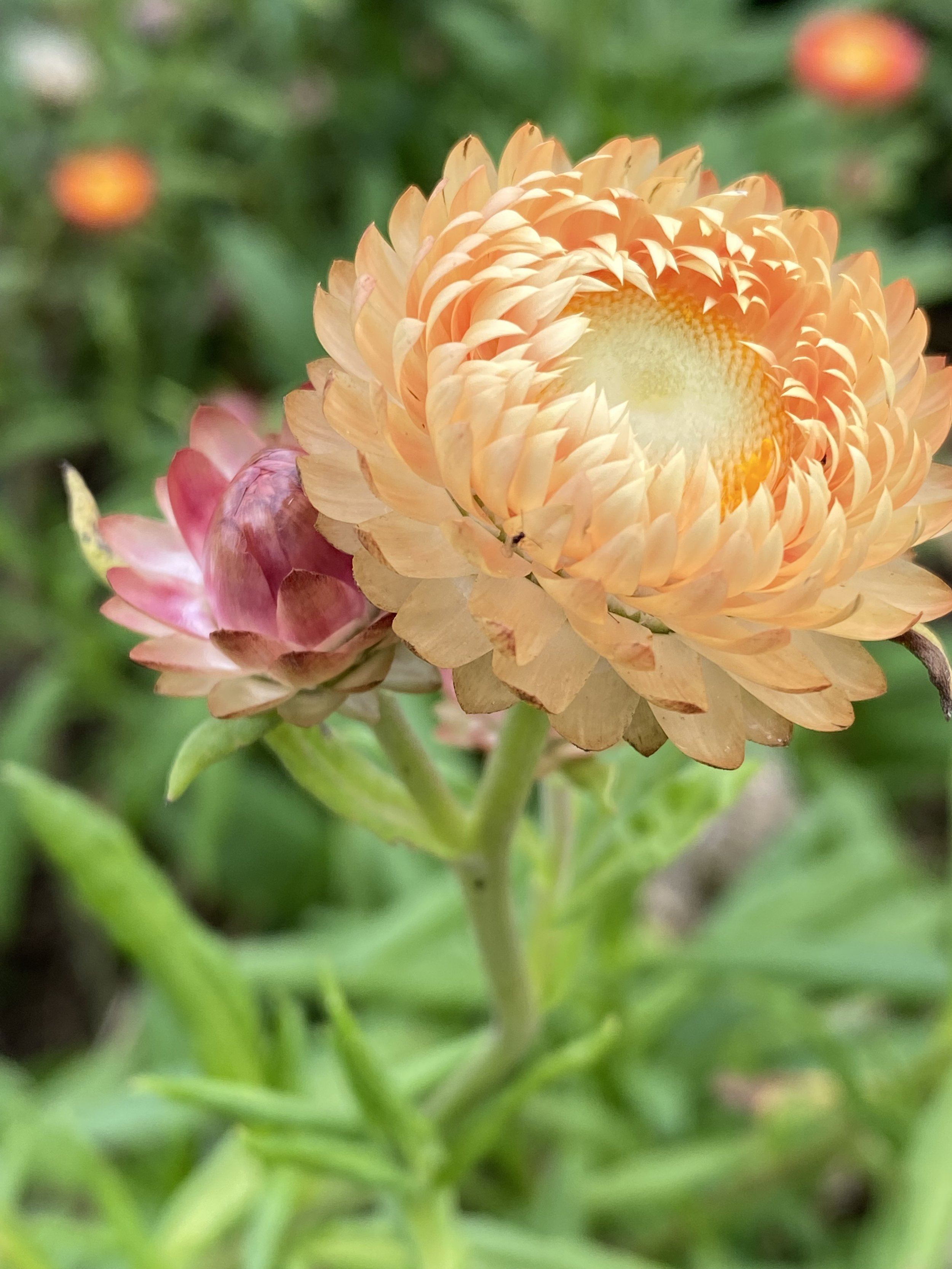



Meet the ladies.
We love our chickens at the farm and consider them an extension to our family. Our flock is free range, fed organic layer grains, and pampered with love and natural care. In turn, they provide us with a bounty of eggs year round. Freshly gathered eggs are offered at the market stand in dozen and half dozen options.
The Way We Farm
At Elysian Sanctuary Farm we value organic methods and deeply resonate with sustainable farming practices, such as biodynamics and permaculture, that support the land as a living organism.
Biodynamic Philosophy
The practice of biodynamic agricultural is a holistic approach to gardening and farming that are ecological and ethical. Biodynamics was essentially created by Dr. Rudolf Steiner, who was a spiritual philosopher and scientist that studied the health of soil in relation to midcentury farming practices and its direct impact on harvest and yields. In biodynamic practices there is an understanding that the concept of the farm is a living organism. Within biodynamics and its holistic, organic methods of approaching agriculture, it has a deep interconnectedness with the spiritual aspect of the land. There is an understanding that the soil is a living, breathing entity, and it incorporates various techniques that aid in the regeneration of organisms within the soil. It also takes into consideration various components necessary to incorporate biodiversity such as creating plantings for pollinators, crop rotations, integrating native plants, herbs, edible vegetation, and more. The philosophy of biodynamics follows the rhythms and cycles of the earth and its relation to cosmic influences, integrating planting and maintenance schedules that are believed to support plants to achieve their maximum growth and harvest potential.
Permaculture Practices
Permaculture farming is a holistic practice of sustainable gardening that evolves, expands, and shifts with the natural lay of the land. In permaculture gardening and farming we study the intention of the land, where and how it is positioned typographically, the influences of the elements in regards to its position, and its role within the local community. Like biodynamics, permaculture farming is also an organic approach to sustainable agriculture, but further emphasizes efficiency and working with the natural essence and form of the land, rather than trying to manipulate/shape it into something that we want it to be. The premise of permaculture is utilizing sustainable farming practices that are in harmony with nature.
“The conscious design and maintenance of agriculturally productive systems which have the diversity, stability, and resilience of natural ecosystems. It is the harmonious integration of the landscape with people providing their food, energy, shelter and other material and non-material needs in a sustainable way.” – Bill Mollison
Current Biodynamic and Permaculture Practices:
Garden areas and farm landscape consciously designed with seasonal rhythms and natural habitat in mind
Non-GMO and organic seed propagation
Herbal infusions for propagation and soil regeneration
Maria Thun schedule for Root, Flower, Leaf, & Fruit maintenance based on cosmic influences
Crop rotations
Companion planting
Plant biodiversity: natives, medicinal & culinary herbs, flowers, perennial and annual edible plant varieties
Aromatic herb areas
Plantings for pollinators
Ethical harvesting and foraging
Low-till to no-till practices
Biological, organic, and botanically-based pest management
Seed collecting & saving
Conscious and humane animal care
Composting
Living or botanical groundcovers
Sustainable watering practices
Observation of seasonal cycles, weather patterns, and cosmic rhythms that influence the land and soil
Listening to the spirit of the land
Observation and awareness of the farms ethical impact to the local community
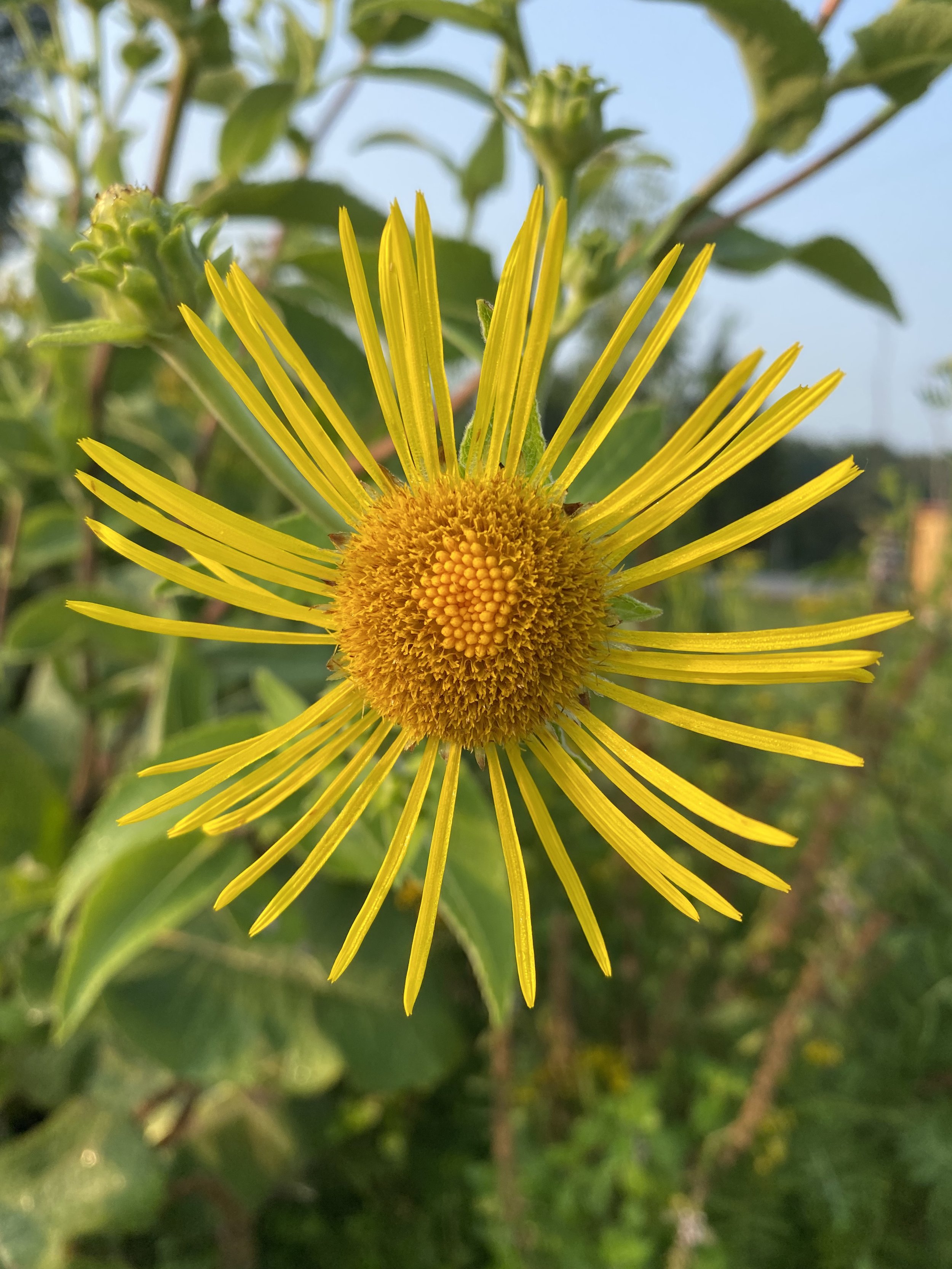

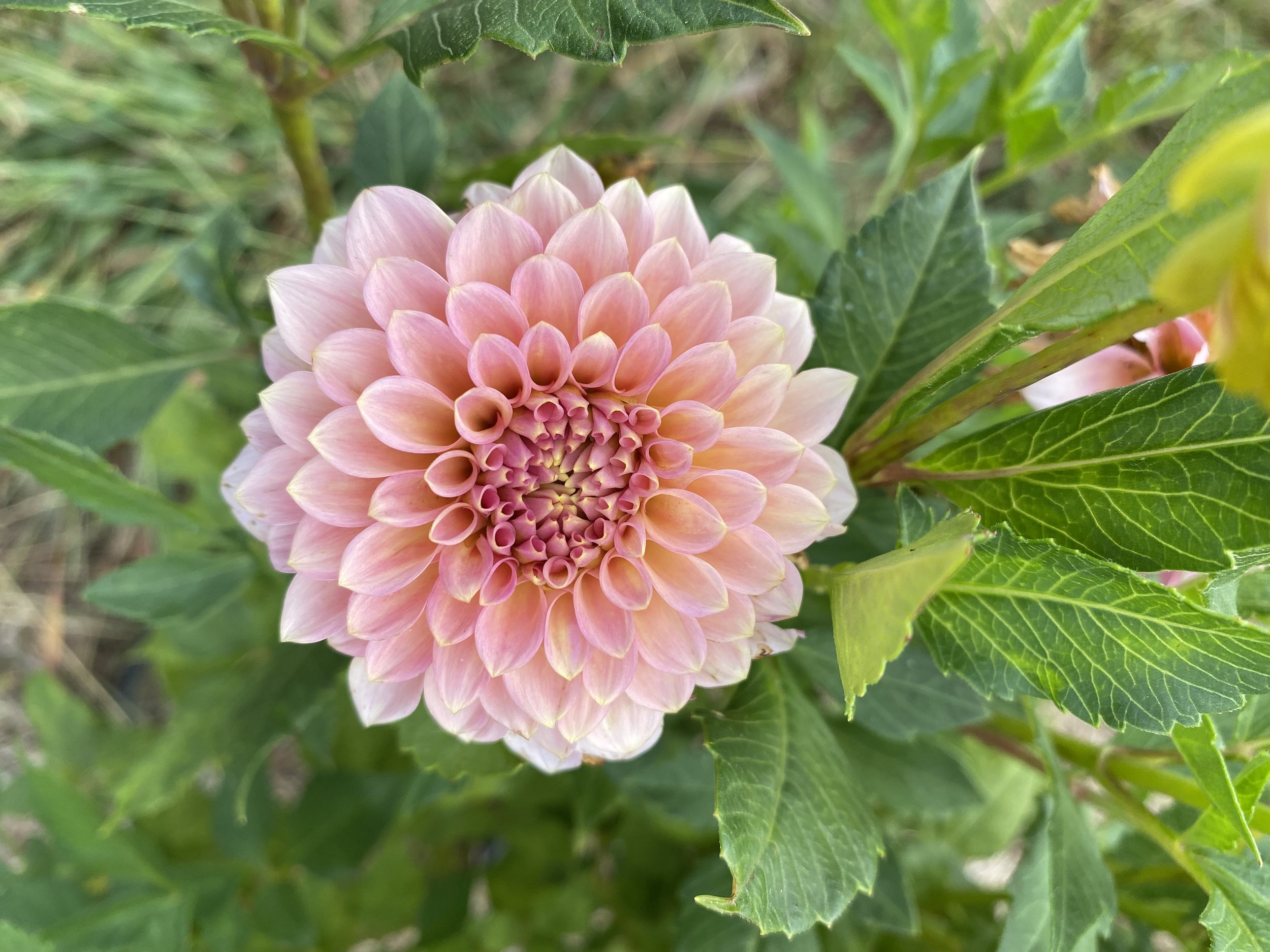
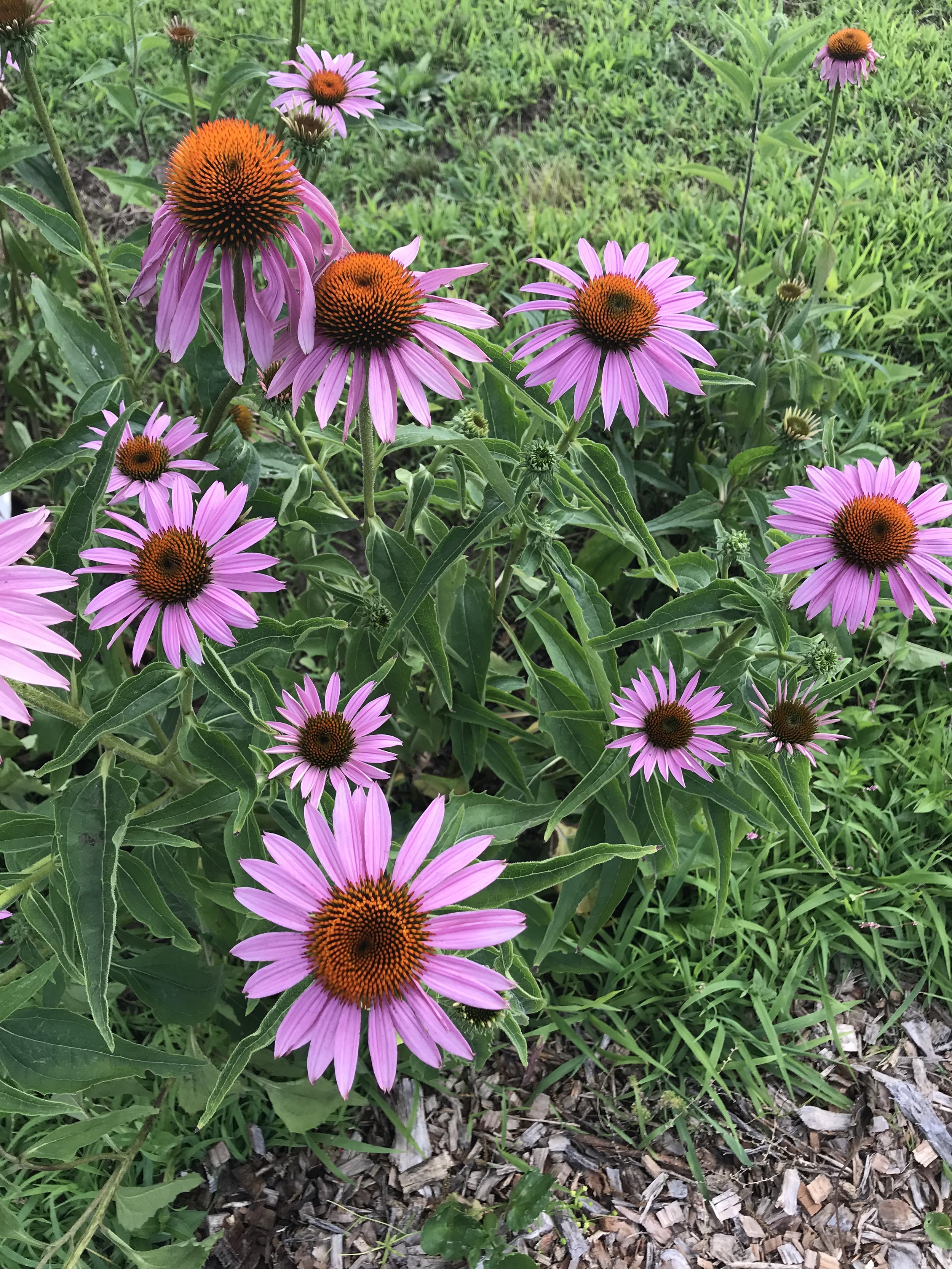
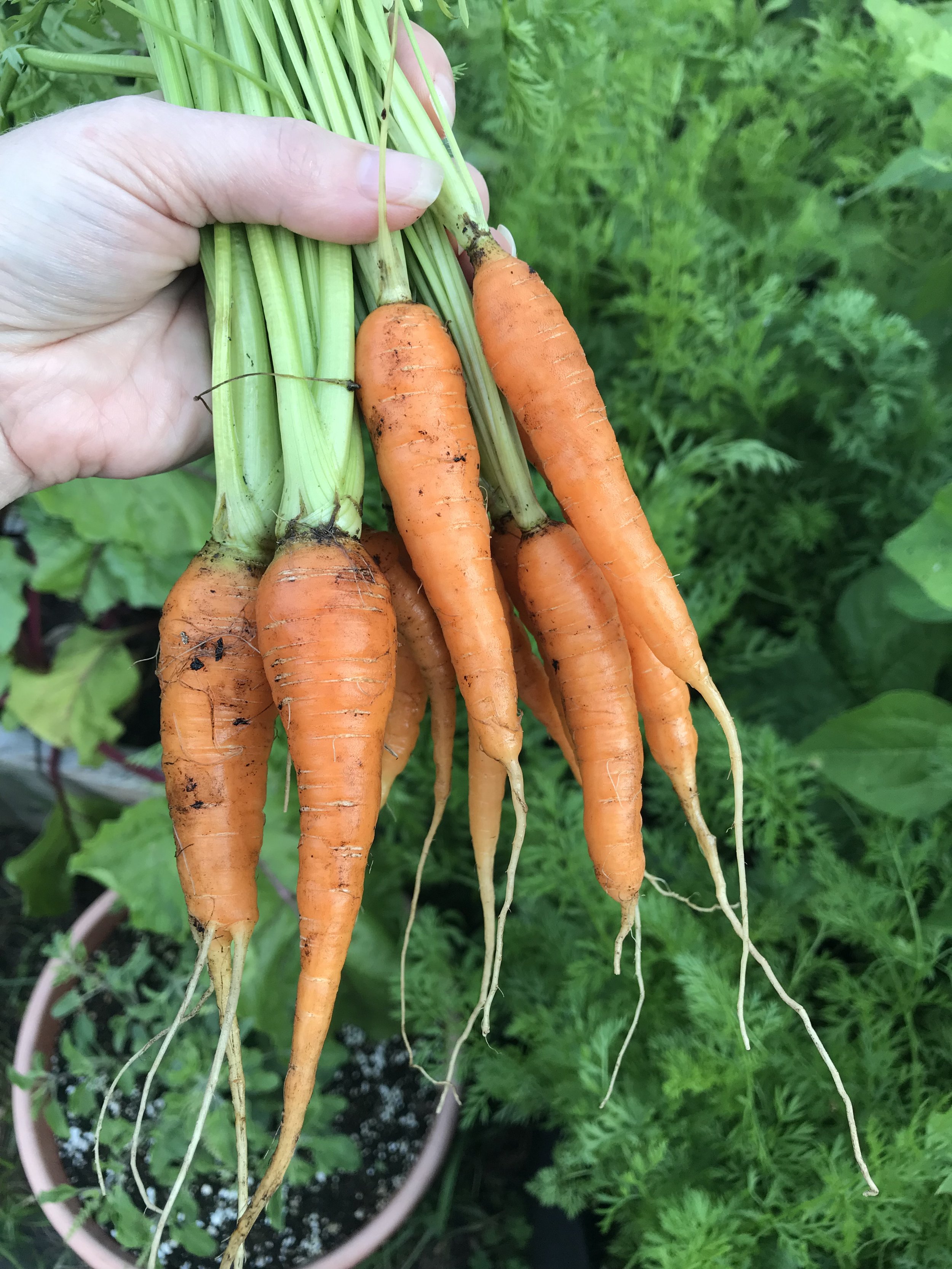
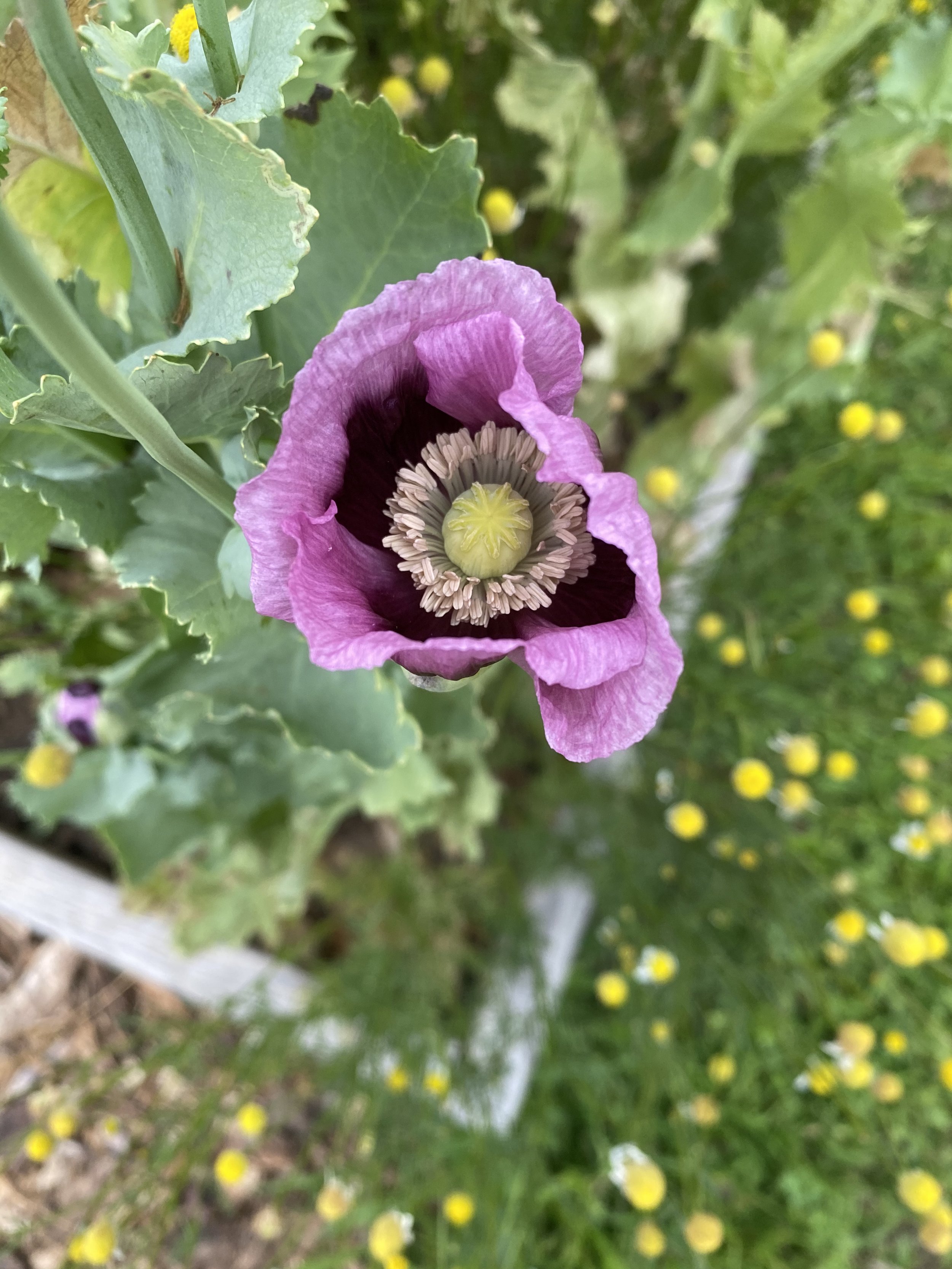
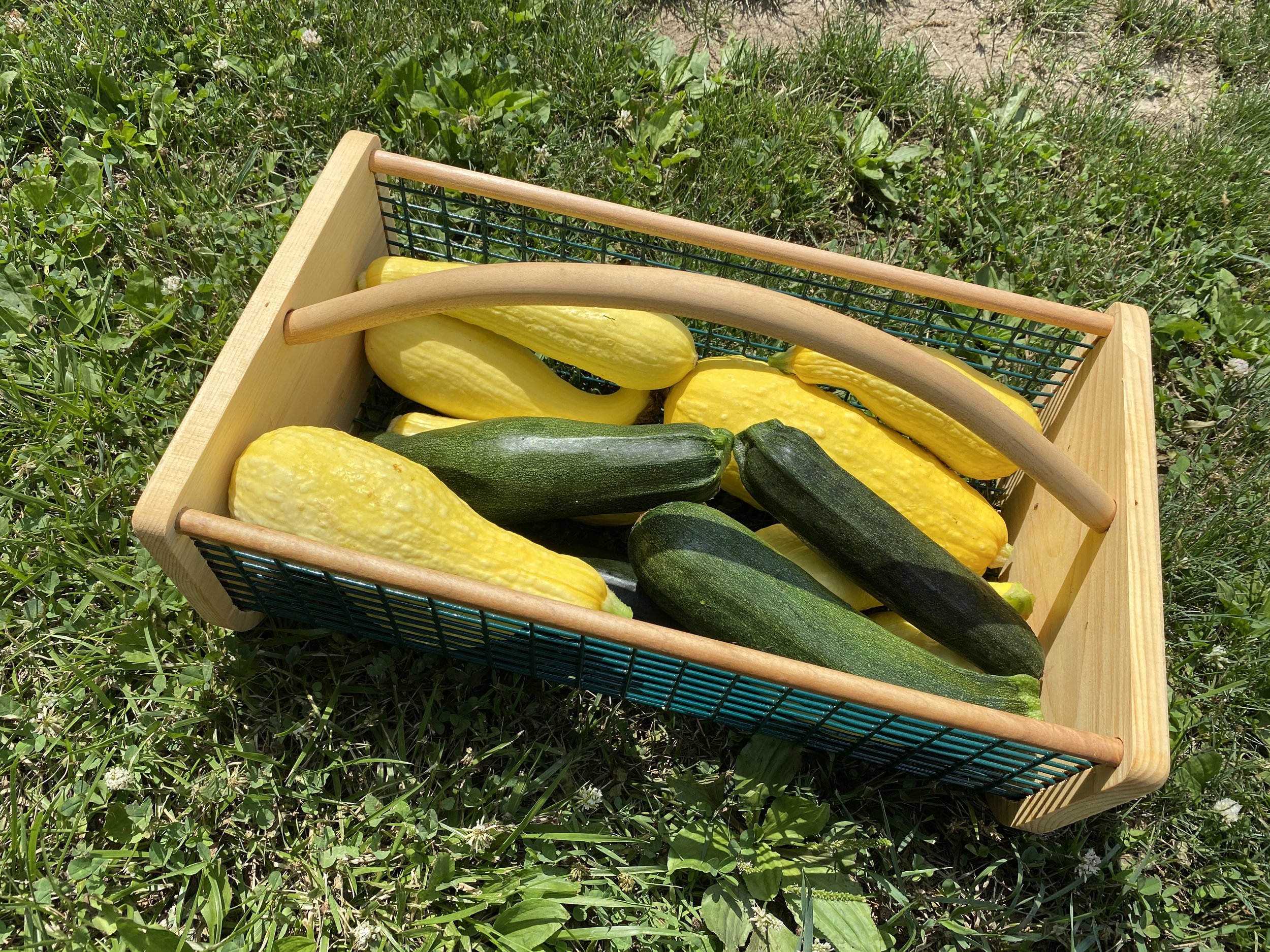


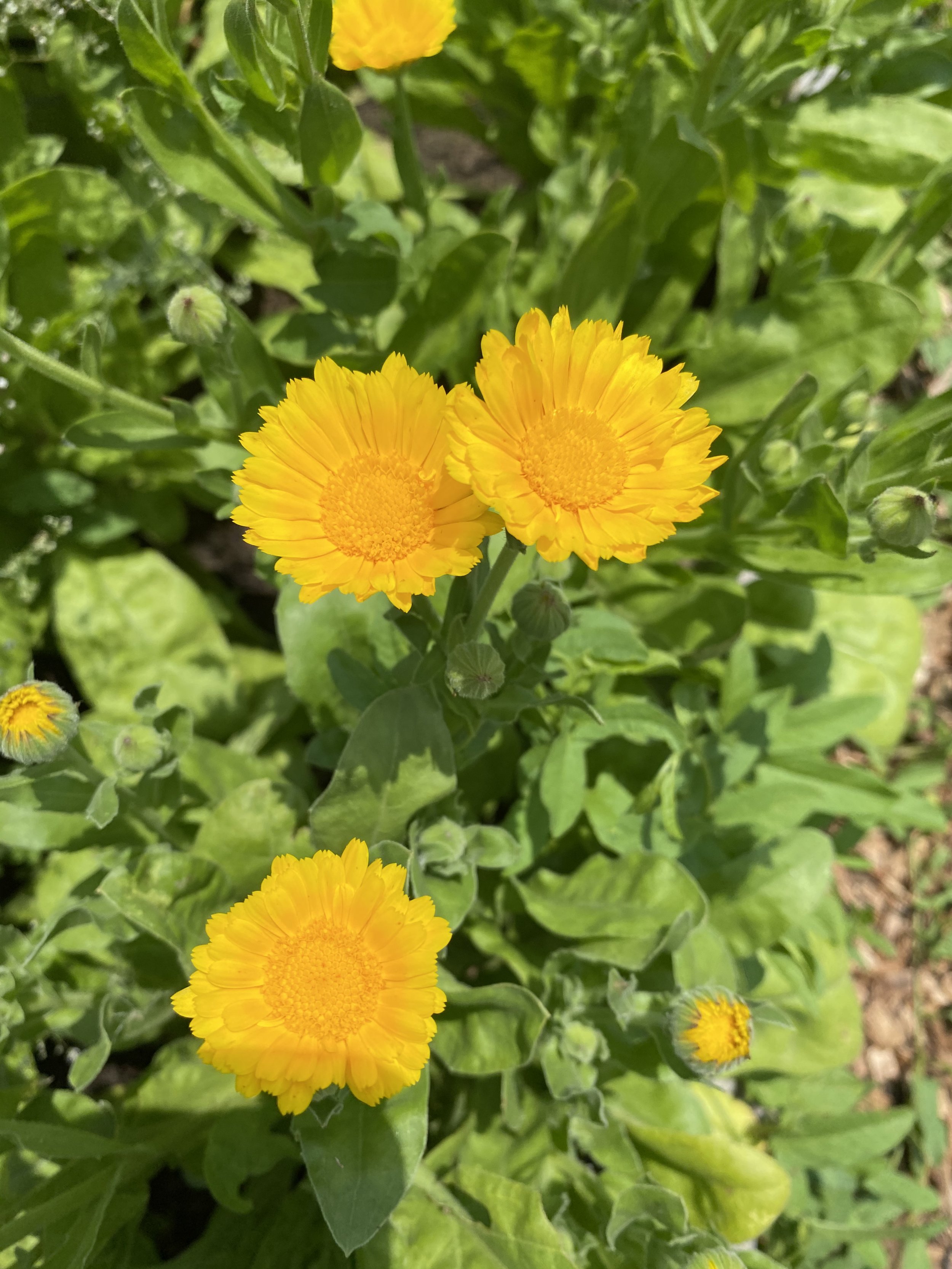

History of the Farm
Voellinger Farmhouse 1950 era
The property where Elysian Sanctuary Farm is currently located was previously owned by the Voellinger Family. The Voellinger family came over from France in the mid 1800s and settled in St. Clair County, IL. Records from the St. Clair country census show the family owning upwards to 700 acres in the area. From our understanding, most of this land was originally woodland, and about 300 acres of that property was cleared with the help of hired Swiss immigrants to be cultivated into farm land. The original farm was established between 1850-1890 and was farmed for many years.
The original Voellinger Estate home was built in the mid 1800s and was renovated several times throughout the years with substantial renovations made in the 1890s, 1940s, and early 2000s. The home reflects the heritage and heart of the property, and was built according to the four cardinal directions: north, south, east, and west. Five generations of Voellinger relatives have lived in the farmhouse from that time until we purchased the property in 2020. It is our intention to honor the growing heritage of the property and to continue the homestead into the next era.
Throughout the years, many Native American artifacts were found on the property while cultivating the land. Discussions with local historians indicate the proximity of the land was once connected to the ancient Native Americans of Cahokia. The exact name is of this tribe is unknown, but many archeologists refer to them as the Mississippians, a tribe whose existence has been dated to 1000 A.D. It is assumed (due to the amount of artifacts found) that the property has had various ties to Native American culture throughout history. Typographically, the location where the farmhouse and property currently resides is elevated, and is thought to have once been a pinnacle associated with Native American culture and to be of substantial, spiritual significance.
Although there are many unknowns in the history of this land, there is a significant vibe to the property that resonates with spiritual correlation and healing. There is an intuitive pull and unique connection for many people that visit the property. We believe this is not coincidence and feel Spirit will continue to work in the hearts of people who are open and called to this land, either as patrons or personnel. Personally, we felt a deep calling to work on the property several years ago. In answering that call, this journey has led our family to discover the intense power of this land. This place is like no other, and we are extremely grateful to be the next generation of creators and collaborators.







